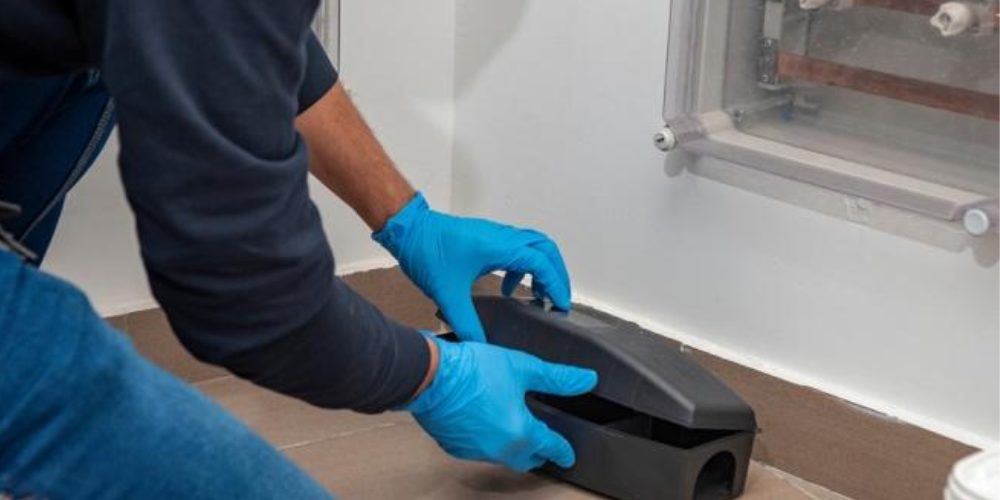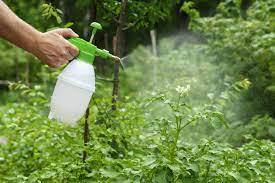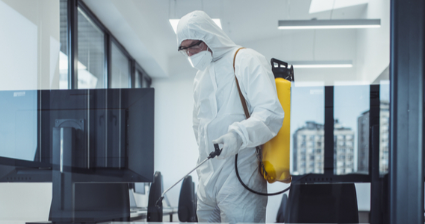
Pest Control – Ensuring a Healthy and Pest-Free Environment
Introduction
Pest control plays a vital role in ensuring a healthy and safe living environment. Dealing with pests promptly and effectively is crucial for protecting our homes, businesses, and overall well-being. In this article, we will explore the importance of pest control, common types of pests, methods for understanding pest behavior, signs of infestation, health risks associated with pests, benefits of professional pest control, preventive measures, natural and chemical pest control methods, integrated pest management, choosing the right pest control service, cost considerations, and more.
Importance of Pest Control
Pest control is not just about eliminating bothersome pests; it is about safeguarding our health and protecting our property. Pests, such as insects, rodents, and mosquitoes, can carry and transmit various diseases. They contaminate our food, damage structures, and cause allergies or respiratory issues. By implementing effective pest control measures, we can minimize these risks and create a safer environment for ourselves and our loved ones.
Common Types of Pests
Understanding the common pests that invade our homes and businesses is essential for effective pest management. Ants, cockroaches, rodents, termites, bedbugs, and mosquitoes are among the most prevalent pests that homeowners and businesses encounter. Each pest has unique characteristics and behaviors, requiring tailored approaches for control and prevention.
Understanding Pest Behavior
To combat pests successfully, it is crucial to understand their behavior patterns. Pests have specific breeding habits, feeding preferences, and movement patterns that contribute to their survival and proliferation. By studying their behavior, we can develop targeted strategies to disrupt their life cycles and eliminate them effectively.
Signs of Pest Infestation
Recognizing the signs of a pest infestation is the first step in taking appropriate action. Droppings, chewed wires or furniture, foul odors, and visible pest sightings are all indicators of potential pest problems. It is essential to identify the signs accurately to determine the type of pest infestation and choose the appropriate treatment.
Health Risks Associated with Pests
Pests pose significant health risks to humans and pets. They can cause allergic reactions, trigger respiratory problems, and transmit diseases. For example, mosquitoes are known to transmit malaria, dengue fever, and the Zika virus, while rodents can spread leptospirosis and hantavirus. Proper pest control measures are crucial for minimizing these health risks and ensuring the well-being of our communities.
Benefits of Professional Pest Control
While some may attempt DIY pest control, hiring professional services offers several advantages. Pest control professionals possess the expertise, experience, and specialized equipment required to address pest issues effectively. They can identify the root causes of infestations, implement appropriate treatments, and provide long-term solutions to prevent future problems. Investing in professional pest control services can save time, effort, and potential damage to our properties.
Preventive Measures for Pest Control
Prevention is the key to effective pest control. By implementing preventive measures, we can minimize the chances of pests entering our homes or businesses. Simple actions such as sealing entry points, maintaining cleanliness, proper waste management, and regular inspections can significantly reduce the risk of infestations.
Natural Pest Control Methods
For those who prefer eco-friendly solutions, natural pest control methods are gaining popularity. Biological control, repellents, traps, and plant-based solutions offer effective alternatives to chemical pesticides. These methods are environmentally friendly, pose minimal risks to humans and pets, and can be incorporated into sustainable pest management practices.
Chemical Pest Control Methods
Chemical pesticides and insecticides are commonly used for pest control due to their effectiveness. However, it is important to use them responsibly and in accordance with local regulations. Proper application techniques, safety precautions, and understanding the risks associated with chemical pest control are essential to ensure the well-being of our communities and the environment.
Integrated Pest Management
Integrated Pest Management (IPM) is a comprehensive approach to pest control that combines various methods to achieve long-term pest management. IPM emphasizes monitoring, prevention, biological control, and targeted pesticide use. By integrating different strategies, we can reduce reliance on chemical pesticides and minimize environmental impacts while effectively managing pests.
Pest Control for Different Environments
Pest control requirements vary depending on the environment. Residential homes, commercial buildings, restaurants, and agricultural settings each have unique challenges and considerations. Tailoring pest control methods to specific environments ensures optimal effectiveness and minimizes potential disruptions.
Choosing the Right Pest Control Service
When faced with a pest infestation beyond our capabilities, it is important to choose a reputable and professional pest control service. Consider factors such as experience, certifications, customer reviews, and service guarantees to ensure the service provider’s reliability and effectiveness.
Cost Considerations for Pest Control
The cost of pest control services can vary depending on several factors, including the type of pest, the extent of the infestation, and the size of the property. Understanding the cost factors and exploring cost-effective options can help in making informed decisions while prioritizing the health and safety of our living or working spaces.
Conclusion
In conclusion, pest control is an essential aspect of maintaining a healthy and pest-free environment. By addressing pest problems promptly and effectively, we can protect our health, preserve our properties, and create a safe space for ourselves and our communities. Understanding the importance of pest control, identifying common pests, implementing preventive measures, and considering professional services are all crucial steps in ensuring effective pest management. Let us prioritize pest control and work together to create a healthier and pest-free world.







